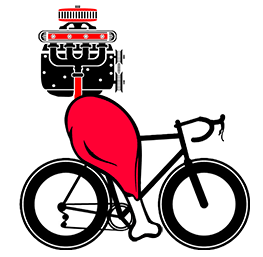How To Become More Adaptable to Race Situation Changes
Competitive endurance athletes are always seeking ways to improve their performance. A recent study investigated the effects of changing the race distance on an athlete mid-race. The study looked at the Rating of Perceived Exertion (RPE) and how they coped with this manipulation. RPE is a measure of how hard an athlete feels they are … Read more
